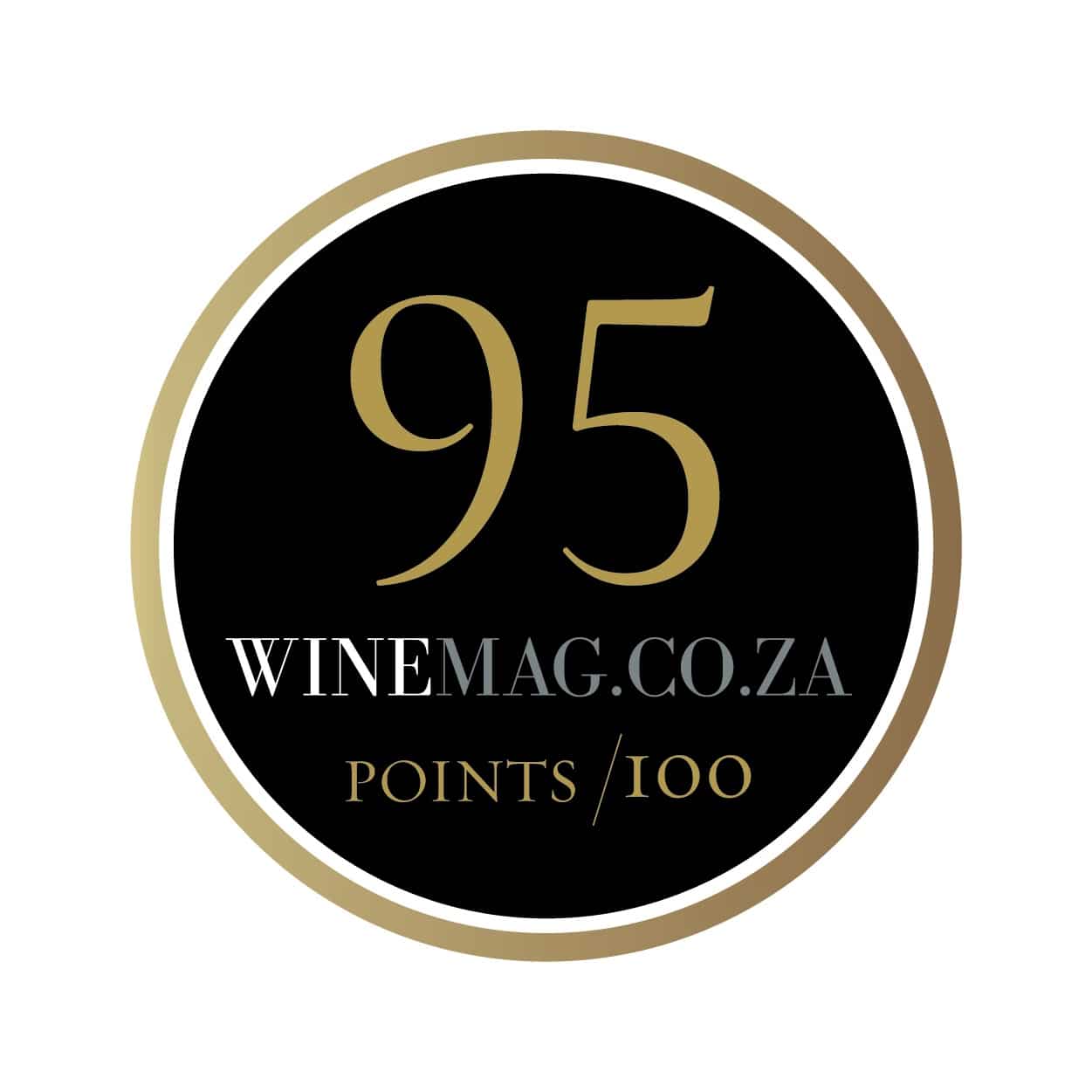Time to have that conversation about wine scores again
By Christian Eedes, 26 October 2022

19
 At lunch the other day, I had some notable samples of wine open and our oldest daughter Zoë, who is aged 13 in Grade Seven, on the cusp of going to High School, noticed that I was yet again scribbling down scores between 88 to 93 for wines. “Dad,” she said, “I’d be so stoked with a mark over 80 for any subject I’m study right now”.
At lunch the other day, I had some notable samples of wine open and our oldest daughter Zoë, who is aged 13 in Grade Seven, on the cusp of going to High School, noticed that I was yet again scribbling down scores between 88 to 93 for wines. “Dad,” she said, “I’d be so stoked with a mark over 80 for any subject I’m study right now”.
I had to explain to her that in the world of wine, the utterly bizarre system works as follows:
79-minus: faulty
80-84: dead ordinary
85-89: semi ordinary
90-94: okay
95-100: get your credit card out
“So basically, it’s a 20-point system,” she observed. And I could not argue with her.
The previous 20-point system operated in a band from 14 – 20, where 14 was the equivalent of “Two Stars” and 18 (not necessarily 100/100) was the equivalent of “Five Stars”. At least when Wine Magazine was will still in print and a measure that the Platter’s Guide also subscribed to.
So, here we are now. It’s all gone bonkers. Producers and punters all say that they want terroir-based, minimal-intervention wines but it’s also about cool labels and big scores from critics because who can tell the difference, anyway?
Understandably, there is a growing movement that wants to chuck out the critic’s authority in favour of Insta selfies. Trust your own opinion – no need to listen to some pale male over the age of sixty. The danger here is that if true knowledge is uncertain, then all opinions become relative – it’s not about anything innate to a particular wine but rather how you feel about it given your cultural background and position in society. We live in a material world, and we tend to value things we pay more for – price quickly become the measure of quality but is that really so?
Ranking fine wines with a view to moving the market is indeed a very strange way to earn a living. Get to the top of the pile in terms of passing judgement and there is money to be made, however. Master of Wine status might well be seen as a way of melding connoisseurship with technical knowledge with a view to creating an elite consensus, the pronouncement of those who hold the title amounting to universal claim.
It’s sucky that some group’s opinion might count more than others in the sense that it goes against the idea of equality. But what if there really are features to discern in a great Bordeaux and Burgundy that take practice and experience to be able to recognise and understand?
I quite like the idea that when you come to wine with some knowledge of the subject, you can interrogate the physical sensations of smell and taste in such a way as to refine your judgements and ultimately arrive at a better understanding of said wine. It’s little wonder that tasting judgements diverge but that doesn’t mean that they are entirely random or utterly independent of the intrinsics – somehow, some sort of consensus is forthcoming. We all do have some appreciation of complexity, balance, length…
Wine appreciation is often guilty of elitism in the sense that there are gatekeepers who would implicitly like to suggest that not all opinions are equally good. The thing is everyone is entitled to an opinion, the proviso being that appreciation requires apprenticeship, your sensibilities need educating. Few people approach music or fine art with the attitude that some sort of qualification of expertise is entirely unnecessary and the fact that so many do when it comes to wine is because there is relatively less at stake – it is, after all, just an alcoholic beverage.
Back to the subject of wine scores. We all know that they are philosophically untenable, but they are equally inevitable, functioning as a way of rapidly conveying a quality assessment. Critics, meanwhile, are authorities not because they prescribe what is good but because they are good at appreciating what’s there. In addition, they are probably better at communicating the reasons for their appreciation of certain wines – there are many with great tasting skills who struggle to articulate why a wine is good or not good.
It is also important that wine lovers look past scores and worry more about whether a particular critic is driving aesthetic standardisation by rewarding one style over another or enforcing a reductive set of requirements as to what constitutes “quality” and gets scored highly. “Opulence” and “Elegance” might sit at opposite ends of the stylistic spectrum but who’s to say one’s better than the other?
Finally, it needs to be re-iterated that wine criticism and wine journalism are not the same thing. Why I love SA’s fine wine industry is that there are some very clever people having very important conversations about sustainability – economic, environmental, and social. And surely, by now, we all realise that those three different pillars, to use corporate jargon, are interrelated.






Comments
19 comment(s)
Please read our Comments Policy here.